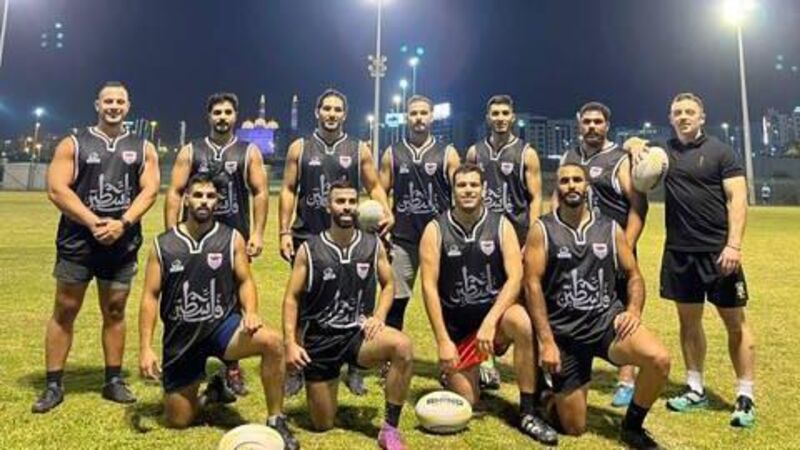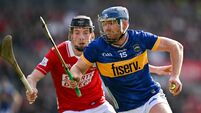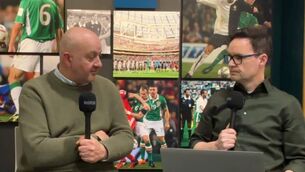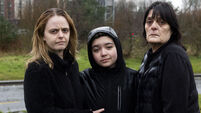The Irish rugby coach standing shoulder to shoulder with a proud Palestinian team

BREAKING BARRIERS: Kevin McCleery with the Palestine rugby 7s side at the Asian tournament in Oman this month.
You are who you are. You do what you can. Like so many of us, Kevin McCleery found himself looking on from afar, horrified at the scale of the slaughter pouring out of the Middle East on a daily basis via our phones and our TV screens.
It was August when he started googling with a view to doing … something. This was a month that would end with at least 3,210 deaths confirmed by the Gaza Health Ministry due to Israeli military action. Another 170 people lost their lives to malnutrition.















